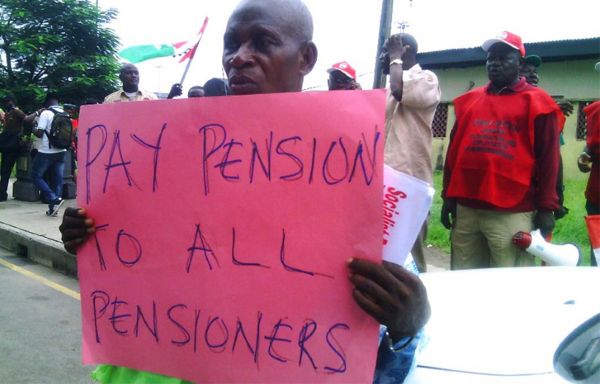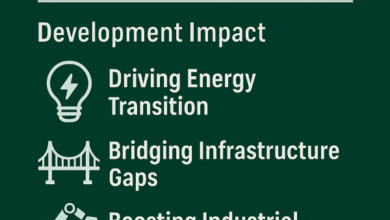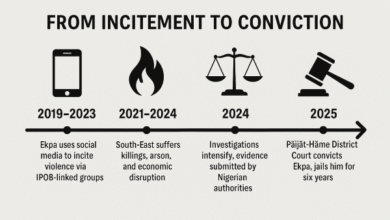Pensioners Decry Delays in ₦758bn Arrears, Demand Urgent Action

Nigeria’s pensioners are once again on the streets of the Federal Capital Territory (FCT), voicing frustration over the prolonged delay in payment of their long-awaited arrears. Despite Federal Executive Council (FEC) approval in February for a ₦758 billion Treasury bond to settle decades-long pension liabilities, implementation has dragged—leaving thousands of retirees stranded in poverty.
The National Assembly approved the bond on July 22, but nearly two months later, pensioners say hope has turned into despair. For many, the wait is not just financial—it is a matter of survival.
Lives in Limbo: “We Need Our Money Before We Die”
Several pensioners who spoke to the media painted grim pictures of hunger, eviction threats, untreated illnesses, and even deaths among their ranks.
- Mohammed Yusuf lamented: “Just last week, four pensioners died due to hunger and lack of hospital money. We keep hearing there’s no money, yet billions are paid elsewhere. We need to enjoy our money before we die.”
- Eze Okorei added: “Our hopes were raised by the President’s promise of arrears and free healthcare, but people are dying while waiting. We are too old to be marching on the streets.”
- Lawal Sani urged lump sum payments: “If mine is paid in full, I’ll relocate to my hometown and start farming. Small bits won’t change anything.”
- Farida Shehu revealed the crushing toll: “I can’t pay rent or school fees, my NHIS is gone, and I need urgent medical attention. After years of service, is this the reward?”
These testimonies echo a consistent theme: decades of service to the state ending in poverty, indignity, and broken promises.
Government’s Promises vs Harsh Realities
President Bola Tinubu, in response to pensioners’ protests, directed:
- Expedited rollout of free healthcare access for low-income retirees under the Contributory Pension Scheme (CPS).
- Implementation of long-overdue pension increases.
- A minimum pension guarantee, to shield the most vulnerable retirees.
While welcomed in principle, pensioners argue that promises must translate into payments and services, not press releases. Many note that constitutional provisions already require regular upward reviews of pensions in line with salary increases—yet these are rarely honored.
Structural Problems Behind the Delays
Analysts highlight structural gaps in Nigeria’s pension administration that perpetuate pensioners’ suffering:
- Over-centralised approval process – Multiple layers of clearance between FEC, National Assembly, and Ministry of Finance drag implementation.
- Liquidity and debt constraints – Heavy government borrowing often sidelines pension obligations despite statutory backing.
- Weak monitoring of arrears – Pensioners lack real-time information on when approved funds will reach them.
- Inflationary pressures – With inflation near record highs, even delayed arrears lose significant value by the time they are disbursed.
BRANDECONOMY Analysis: A Test of Social Contract
Nigeria’s pension crisis reflects more than financial delay—it is a broken social contract. Pensioners who dedicated their productive years to the state now face indignity at the end of service.
The approval of the ₦758bn bond was meant to close a shameful chapter, but delays risk turning it into another empty promise. Unless implementation is fast-tracked, transparent, and humane, pensioners’ anger could snowball into wider labour unrest, further straining Nigeria’s fragile socio-economic climate.
BRANDECONOMY Takeaway
Pension arrears are not a privilege; they are earned rights. Paying them is not just about fiscal housekeeping—it is about justice, dignity, and national credibility.
Nigeria must prioritise pension payments with the same urgency it reserves for bailouts, bond issuances, and sports bonuses. Because for too many retirees, time is the one resource they no longer have.











